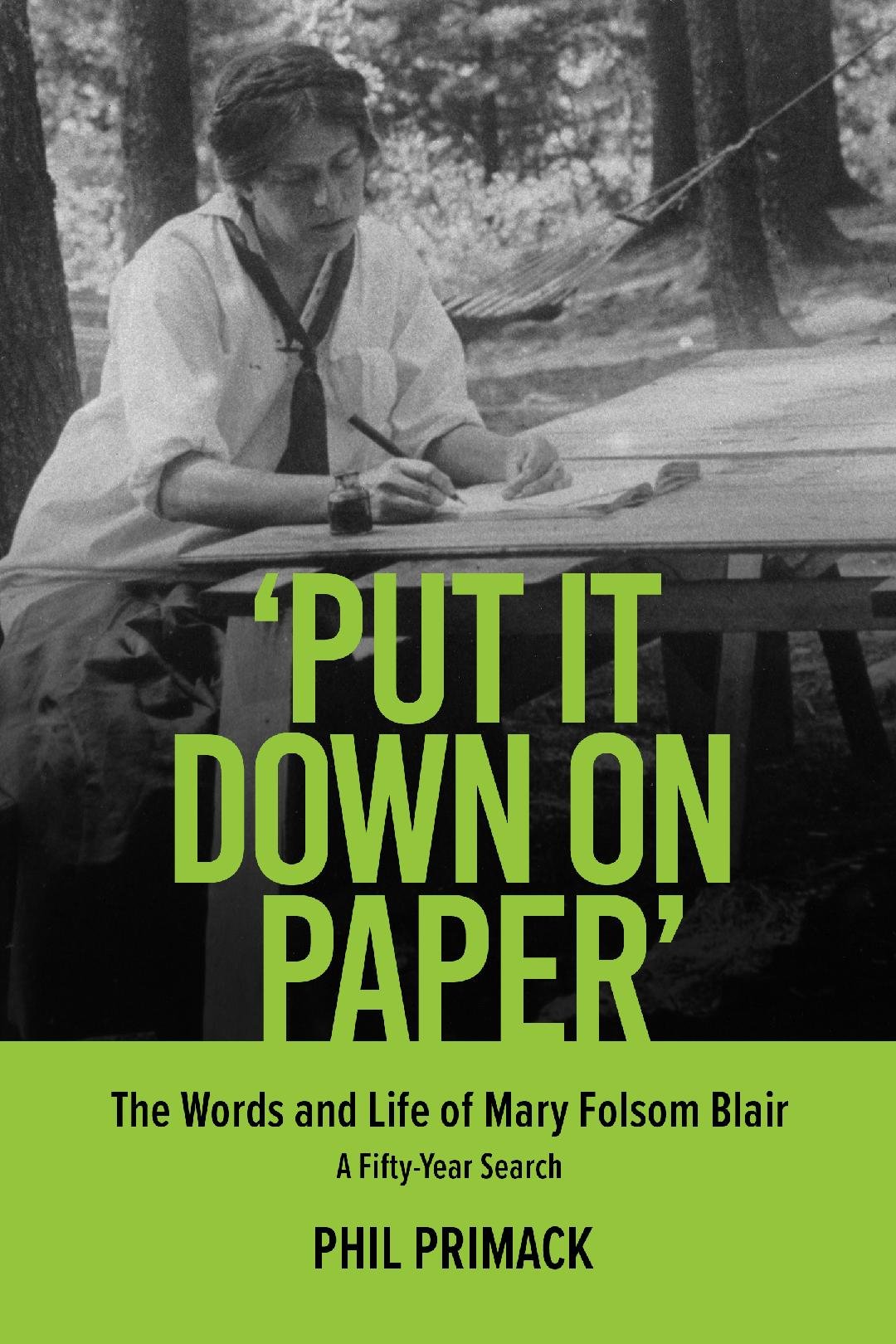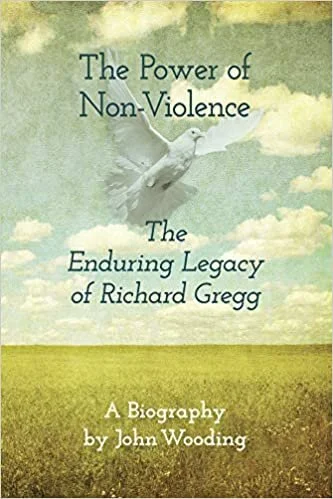Author Stephen O’Connor of Lowell (photo courtesy of Andy Robinson, Facebook)
By Cameron Morsberger, Lowell Sun, 12/9./22
LOWELL — Judging just by his last name, Steve O’Connor has some deep Irish roots.
Three of his four grandparents were born in Ireland, and the Lowell native was influenced by Irish songs and poetry and 12 years of Catholic school — “enough to screw up anyone for the rest of your life,” he said.
It was in sixth grade that O’Connor said he remembers a nun told him to “write whatever your little heart desires,” a phrase that’s clearly stuck with him.
O’Connor is launching his newest book, “Northwest of Boston,” at the Athenian Corner on Saturday, Dec. 10 at 2 p.m. The book, published by Loom Press, contains a collection of 24 short stories and a “comic essay at the end,” O’Connor said. Though all the stories are fictional, many are inspired by the many interesting characters O’Connor has met in Lowell.
Nearly all the stories are actually set in Lowell, O’Connor said, referencing places such as Cupples Square and Middlesex Street.
“The advantage I have in Lowell is that, I don’t want to compete with Shakespeare and Virginia Woolf and Joseph Conrad really, but people in Lowell, at least, are going to say, ‘I know these people,’” O’Connor said. “So from that point of view, I mean, you still have to write good stories, but I think it’s somewhat of an advantage for a local audience to have things that they recognize.”
The concept for one of those 24 stories came from a Lowell resident who served 20 years in prison for bank robbery, O’Connor said, while another came from “an old Greek man.”
One story, titled “Down to the Crossroads,” follows a blues singer in Lowell who decides to give up drinking. As the plot progresses, the musician is penning a song on guitar. O’Connor actually sent the lyrics over to an old college friend, who turned it into a real song called “Manville Bells,” which people can listen to on YouTube.
“I don’t know how many writers just invent characters out of whole cloth,” O’Connor said. “I think you’d have to have some kind of an idea of the type of person, and then you look back on your life and think like, ‘OK, well this is a crazy bastard, he would do this.’”
But it took O’Connor several decades, post-higher education, to pursue his passion. He got caught up in academic writing, having earned his master’s degree in Irish literature and another master’s at UMass Boston in teaching English as a second language.
O’Connor strayed away from creative writing, but still recalled the secret agent stories he loved as a child, as well as his love for fiction.
He taught ESL at Greater Lowell Technical High School for 29 years, and during his off summers, he began to write. His short stories captured the attention of several literary magazines, leading to the 2010 publishing of his first book, “Smokestack Lightning,” a collection of short stories.
Four books later, O’Connor has recaptured his fiction writing spirit.
“You just start to see life as you get older from a different perspective, and so there’s always something kind of new to experience because you’ve never been this age before,” O’Connor said. “You’ve never been related to people in quite the same way before.”
“Northwest of Boston” is also dedicated to the “working people,” O’Connor said, including immigrants like his grandparents, as well as waitresses, roofers, factory workers, nurses and everyone in between.
O’Connor said he sometimes gets a feeling from his wealthier friends that they think working class folks are “dumb,” and that couldn’t be farther from the truth.
“I kind of want to show people that are working people but they have a lot of dignity and a lot of intelligence,” O’Connor said, “because my father was a drywall guy, and he was in his armchair reading every night, and there’s a lot of people like that.”
The cover of the book was illustrated by O’Connor’s son, Brian O’Connor, and features the mills and canals that epitomize the city. His son also drew the cover of Steve O’Connor’s 2020 book, “This Is No Time To Quit Drinking.”
O’Connor’s book will be available for purchase at the launch on Saturday at the restaurant, coincidentally where he and his wife had their first date more than 30 years ago. O’Connor added that there may also be Irish step dancers there to provide some entertainment.
While O’Connor was in Dublin, he visited a bartender who asked him where he was from. When O’Connor told him he hails from Lowell, he said he was surprised to learn the bartender had been there before. When O’Connor asked what the bartender thought of the city, he had an interesting response.
“He said, ‘Well, it’s an old city with a lot of character and a lot of characters,’” O’Connor said. “And I said, ‘Boy, I couldn’t describe it better myself.’”
“Northwest of Boston” will be on sale at Lala books in Lowell, as well as on Amazon and at loompress.com.

















